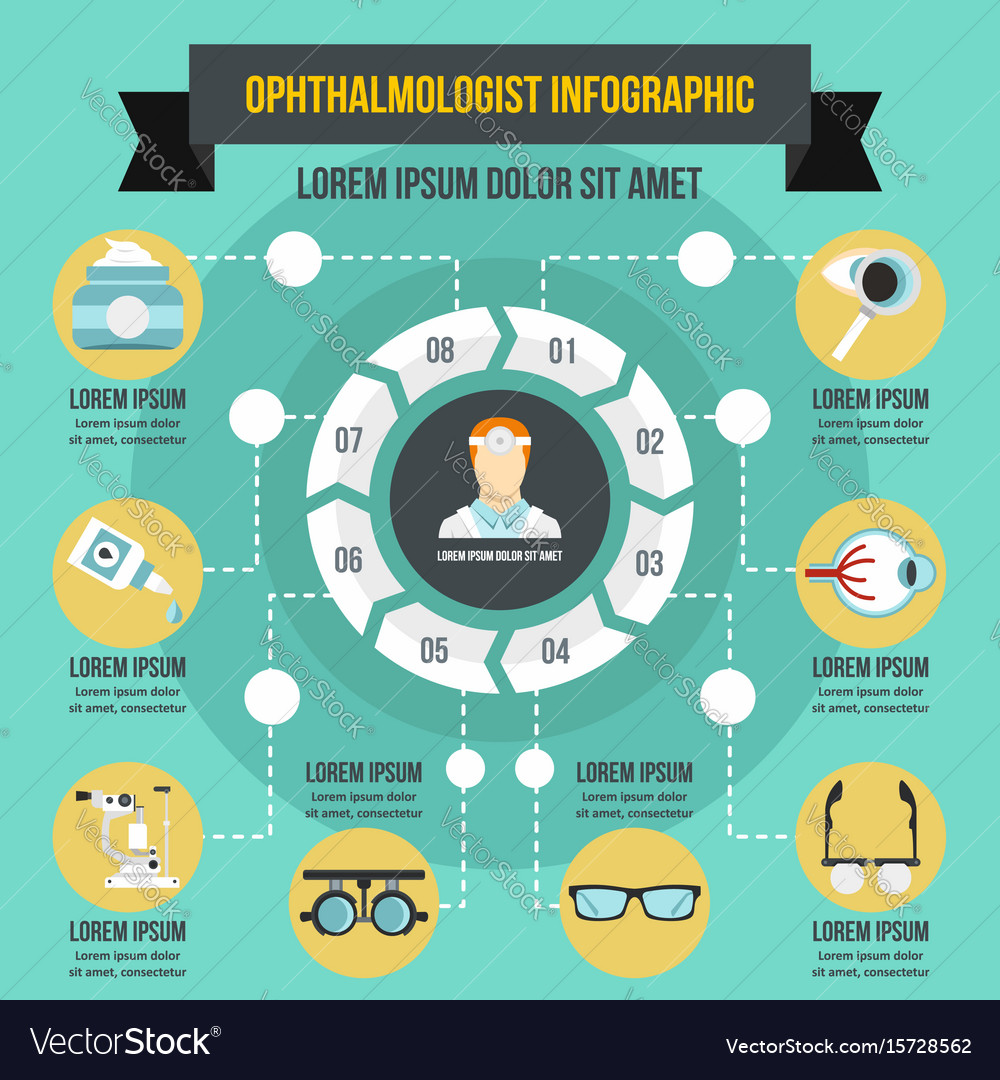The Complete Frequently Asked Question On Refractive Lens Exchange: All The Details You Call For
The Complete Frequently Asked Question On Refractive Lens Exchange: All The Details You Call For
Blog Article
Material By-Kincaid Eskesen
If you're thinking about refractive lens exchange, you possibly have a lot of concerns. This treatment could change exactly how you see the globe, providing advantages like lowered reliance on glasses. Nonetheless, continue reading this to recognize the procedure, risks, and that certifies as an excellent candidate. Allow's discover these critical elements so you can make an informed choice concerning whether RLE is right for you.
What Is Refractive Lens Exchange and How Does It Function?
Refractive lens exchange (RLE) is a surgery developed to replace your eye's all-natural lens with an artificial one, fixing vision concerns like nearsightedness, farsightedness, or presbyopia.
During the procedure, your cosmetic surgeon makes a small cut in the eye, eliminates your all-natural lens, and inserts an intraocular lens (IOL) customized to your vision requires. This outpatient surgery usually takes around 15 to 30 minutes per eye and is executed under regional anesthesia.
linked resource site 'll likely see enhancements in your vision nearly promptly, though complete recovery may take a couple of weeks. RLE is specifically useful for those over 40 or with high prescriptions, offering a long-lasting remedy compared to glasses or contact lenses.
Your eye treatment specialist can aid identify if RLE is right for you.
What Are the Benefits and Risks of Refractive Lens Exchange?
Picking refractive lens exchange can result in substantial renovations in your vision, however it is very important to weigh both the advantages and risks before making a decision.
On the bonus side, this procedure can enhance your eyesight by remedying problems like presbyopia, nearsightedness, and hyperopia. Many people appreciate decreased dependancy on glasses or contact lenses, which can considerably boost their lifestyle.
Nevertheless, it's critical to take into consideration possible threats. Issues can include infection, glare, or halos around lights.
There's additionally a possibility of overcorrection or undercorrection, which might need added procedures.
Who Is a Perfect Candidate for Refractive Lens Exchange?
If you're taking into consideration refractive lens exchange, it is very important to understand whether you fit the profile of an excellent candidate. Generally, you may be a good candidate if you more than 40, experience presbyopia, or have high levels of nearsightedness or farsightedness.
It's likewise vital that your vision is steady, suggesting your prescription hasn't transformed dramatically in the past year. If you have cataracts or various other eye conditions, you could benefit from this procedure as well.
However, certain aspects, like unrestrained diabetes or autoimmune diseases, can disqualify you. To identify your candidateship, speak with an eye treatment specialist who can review your certain scenario and recommend the best strategy customized to your requirements.
Conclusion
In conclusion, refractive lens exchange can be a transformative option for improving your vision, especially if you more than 40 or have a high prescription. While the benefits are significant, it's crucial to evaluate the dangers and talk to your eye care specialist to establish if you're an ideal candidate. With the right information and advice, you can make an informed decision and possibly delight in a life with minimized dependancy on glasses.
